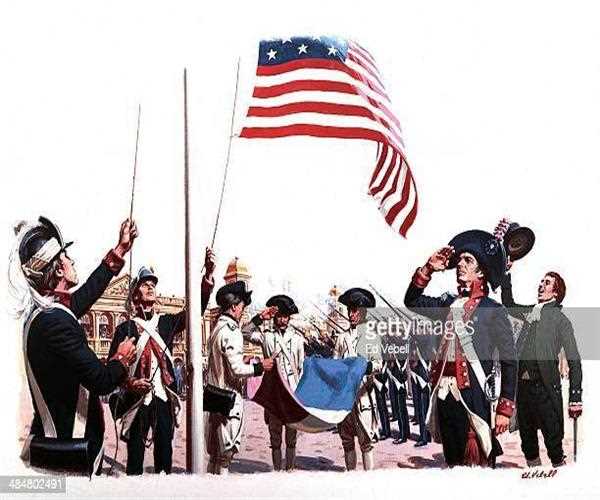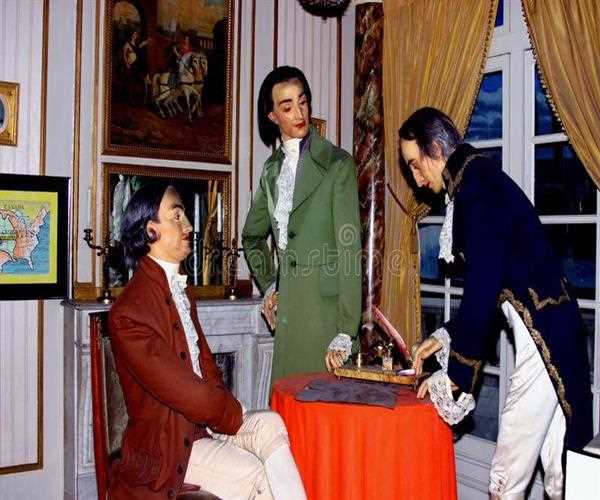The purchase of Louisiana
The purchase was not only about land but also western expansion, international relations, and the nation's wealth. But the human cost was above all expenses. A vast population of human settlements came with land and other national and international features.

Read also: when-was-the-exploration-of-louisiana?
US president Thomas Jefferson appointed Livingston and James Monroe to attempt to purchase Florida and New Orleans from the french government. He granted $2 million to achieve the objective. France faced several international disputes, which was flavorful of the US attempt. Louisiana hardly contributed to the french economy.
The battle of Haiti resulted in a massive loss of money and resources.
Napoleon reconsidered his plan to establish his colonial capital in Hispaniola. He could not save Louisiana from the constant attacks of the British naval powers.
He finally decided to sell the territory of Louisiana to the US. Bargaining for the Louisiana purchase began on April 11, 1803. Charles Maurice de Talleyrand started to negotiate by
questioning the US authorities about what they would give in return for Louisiana.
The US agreed to pay 15 million dollars in total. About 3,7 million dollars was covered in claims against the native citizens. The treaty was ratified in October, and the US flag was hoisted in
Louisiana in December of the same year. However, the final boundaries of the state remained unsettled for several years since the Louisiana purchase treaty of 1803 did not declare the edges of the region.

Thomas Jefferson appointed William cc Claiborne as the first governor of the Louisiana territory. in 1812. James Wilkinson was elected to assist Claiborne in state administration affairs. Though the Louisiana purchase had become successful in
temporarily satisfying America's desire for westward expansion, it raised questions about the rights of the native Americans who were subjected to immense torture.